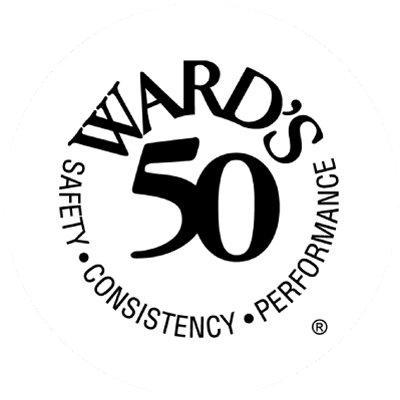In 2018, there were more than 715,000 electricians in the United States. It’s a job that can be fraught with danger, though, and in 2018, 9% of all electrical injuries were fatal, claiming 160 victims. Taking precautions before you get to the job site can make it safer for you, your employees and those around you.
Most electrical accidents result from a dangerous environment caused by unsafe equipment or installation or unsafe work practices. These accidents can be prevented through better work practices and proper electrical insulation, grounding, and protective devices.
Here are some general rules for dealing with electricity, and your workplace, to stay safe:
- Check the wiring before energizing a system, and make sure you are certain what is at the other end of the circuit.
- Lock out electrical circuits when not in use.
- Be aware that unusually warm or hot outlets or cords may be a sign that unsafe wiring conditions exist.
- Label all circuit breakers and fuse boxes clearly. Each switch should be identified as to the outlet or appliance it is for.
- Keep the jobsite clear of as debris, boxes, scraps, or other items that could cause accidents.
- Materials should not be left in walkways or wall openings.
- Do not leave tools lying around where they could create an obstruction or a hazard. Personal Protective Equipment (PPE)
- General clothing: Always wear shirts and long pants, and note that 100% cotton or wool is preferable to man-made materials, which are more flammable.
- Gloves: Always wear gloves when handling equipment and materials. When handling chemicals, use rubber, plastic coated, or insulated gloves.
- Foot Wear: Shoes or boots should be worn on all job sites, and sneakers should be avoided as they don’t provide enough protection.
- Eyes: Safety glasses with side shields offer protection, especially when drilling or grinding materials.
- Ears: Noise levels exceeding 90 decibels require ear protection. A general rule to follow is, if you must shout to be heard, you need hearing protection.
It’s important to maintain tools regularly as it prevents them from deteriorating and becoming dangerous when in use. When using a tool to handle energized conductors, check to make sure it is designed and constructed to withstand the voltages and stresses to which it has been exposed.
- Keep tools and accessories clean, sharp, and oiled properly.
- Use the appropriate tool for the task at hand, and use it how it was designed.
- Never try to over-ride the manufacturer’s installed safety devices.
- Keep all power tools in proper working
- Stand on a dry surface while operating electrical
- Keep your hands/body dry at all times while operating electrical
- Keep moving parts of a power tool pointed away from you and
- Never leave a power tool unattended while it’s
- Make sure the proper safety guards and shields are in place and are in good working order before operating the tool, and don’t remove factory-installed
- Make sure that the operational switch on any power tool or appliance is “off” before plugging the tool or appliance into an electrical outlet or extension cord. Make sure the switch is off and the equipment is unplugged before attempting repairs or adjustments or changing drill bits or
- Use three-wire type extension cords for portable electric tools and
- Always use Ground Fault Circuit Interrupters (GFCIs), including with extension
Applying the best safety practices can help reduce the risk of electrical shock and death, keeping everyone on the jobsite safe.


